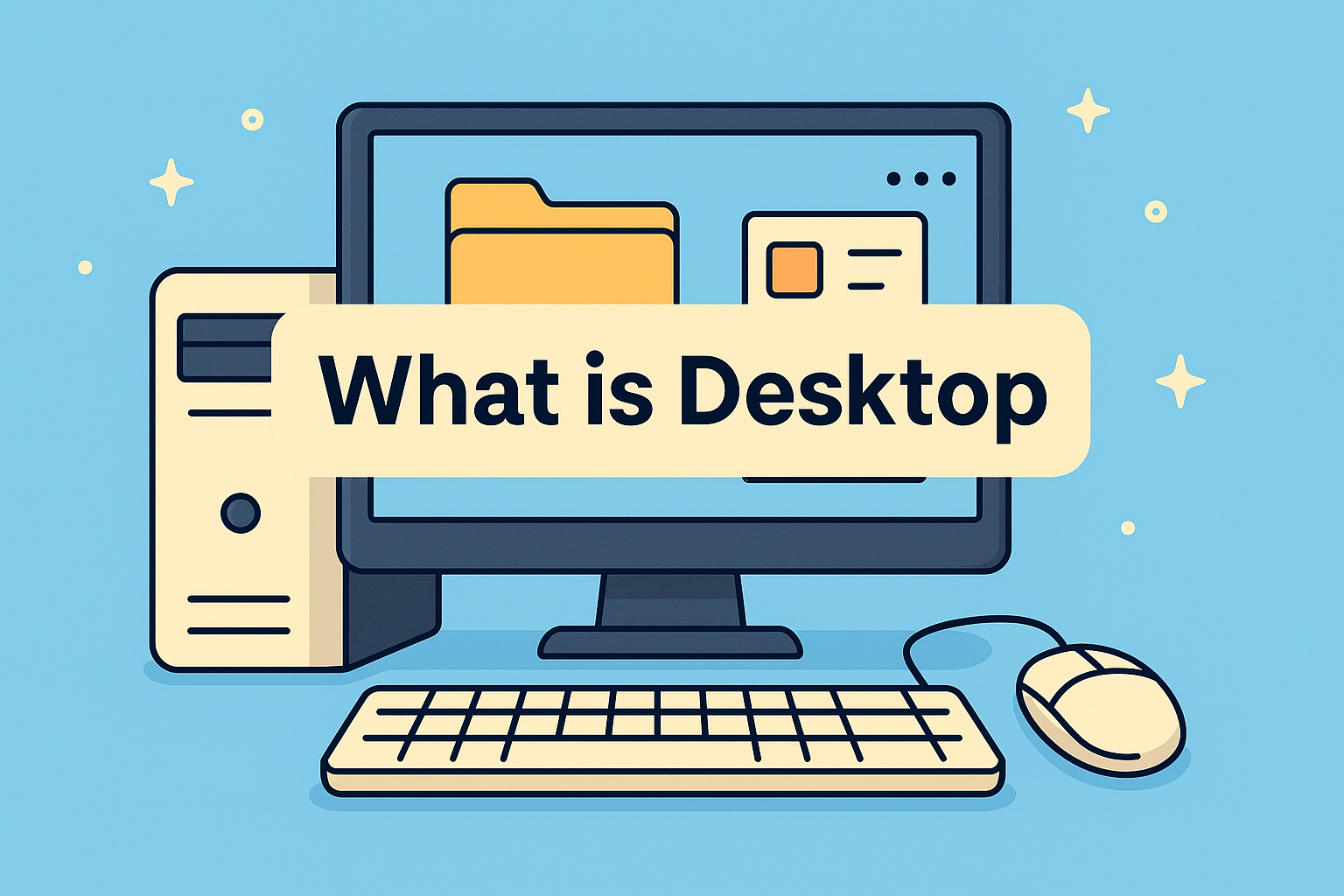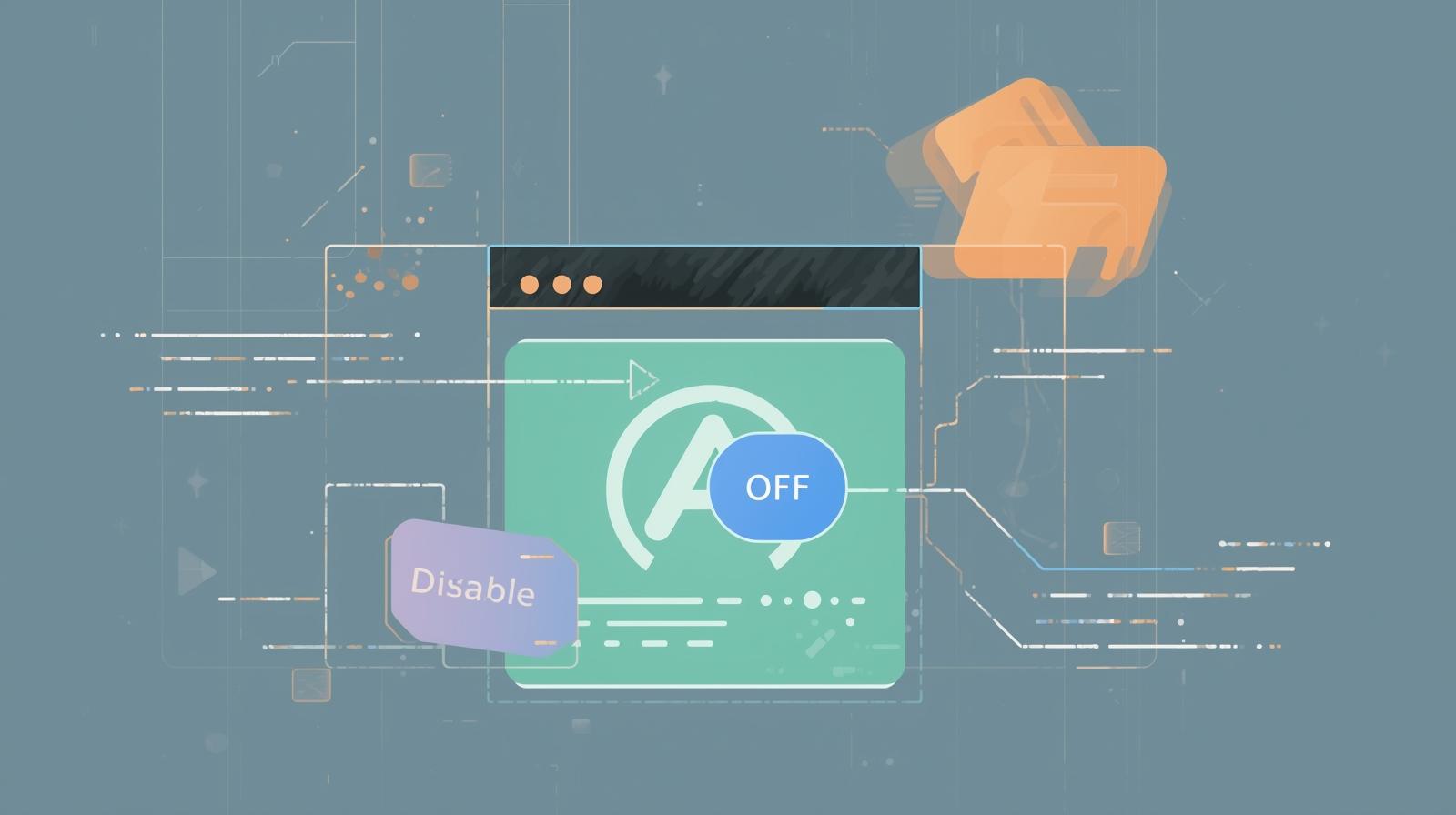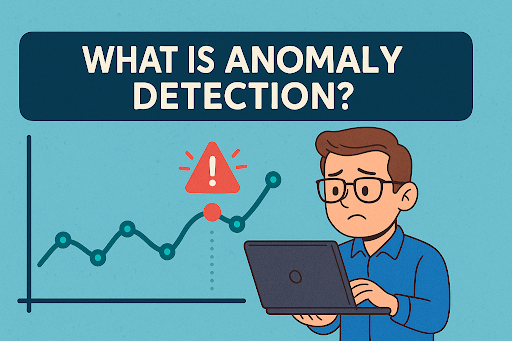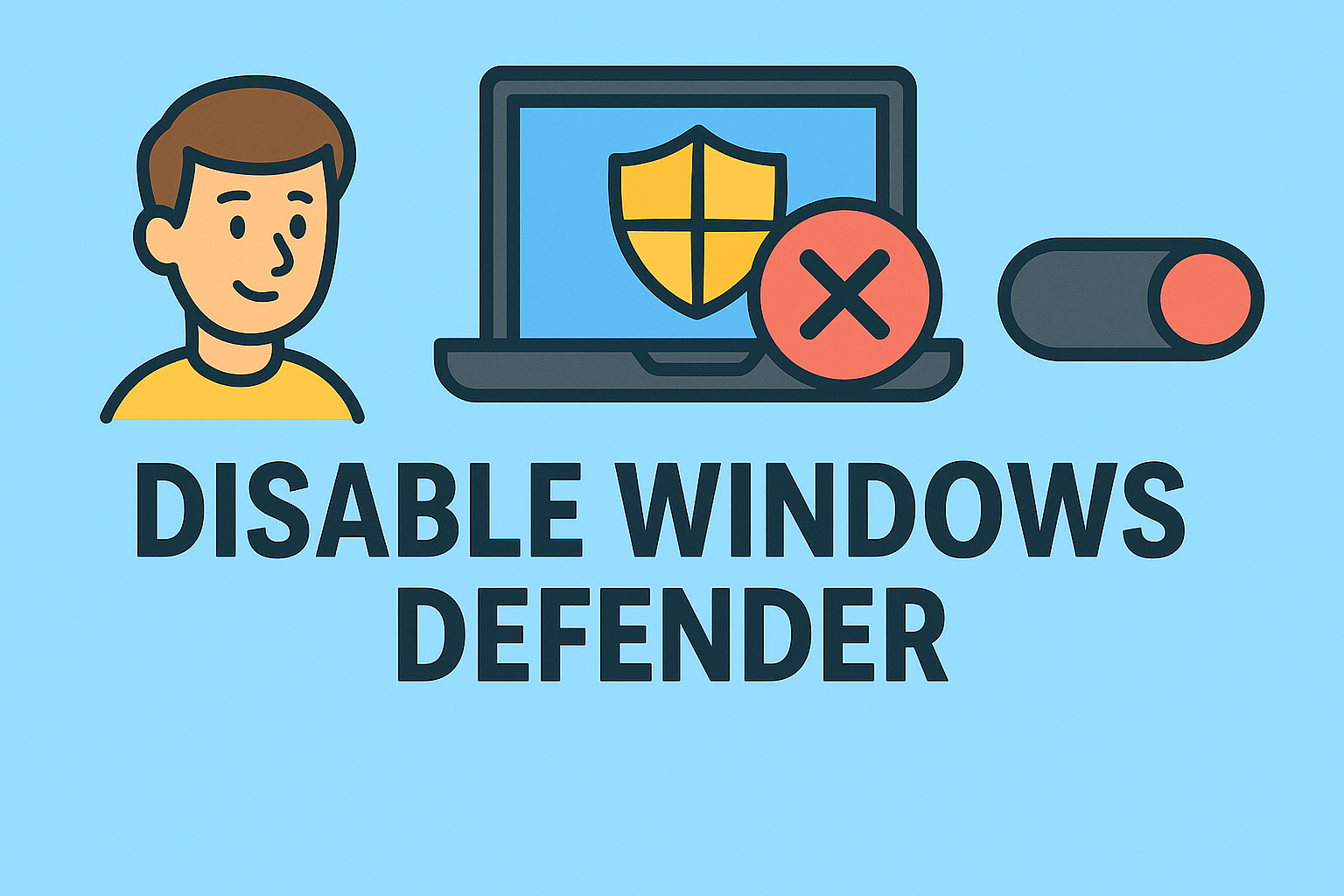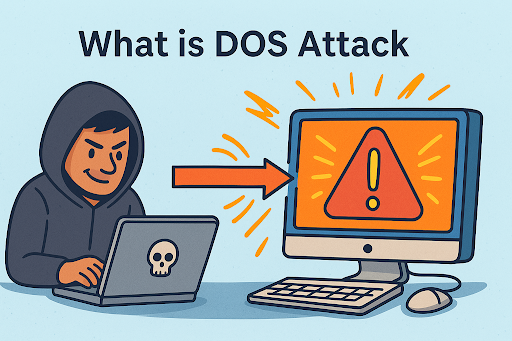Your First Line of Digital Defense
Updated on June 5, 2025, by ITarian
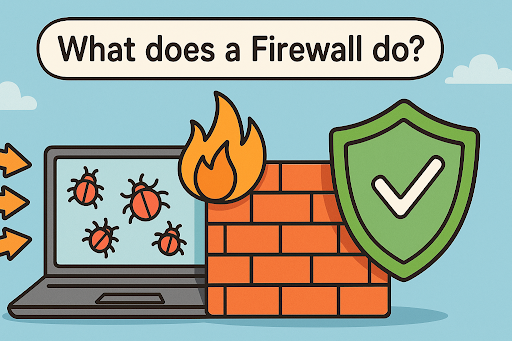
Ever wonder what a firewall does and why every IT infrastructure needs one? Whether you’re a cybersecurity expert or a CEO overseeing enterprise systems, firewalls are your digital gatekeepers.
Cyberattacks are evolving fast, with nearly 2,200 attacks per day, according to recent studies. With this constant barrage, firewalls play a critical role in defending your assets, data, and users. This article explores the role of firewalls, how they protect your computer, and the firewall working principle that keeps your organization safe.
What Does a Firewall Do?
At its core, a firewall is a security system—either hardware, software, or both—that monitors and controls incoming and outgoing network traffic.
It acts like a security guard standing at the entrance of your digital building, inspecting every packet of data that tries to enter or leave. If it looks suspicious or doesn’t follow the rules? It’s blocked.
Key Functions:
- Filters incoming and outgoing traffic
- Blocks unauthorized access
- Allows legitimate communication
- Prevents data exfiltration
By enforcing firewall network security policies, it ensures only trusted sources are granted access while keeping threats at bay.
How Does a Firewall Protect Your Computer?
Firewalls serve both individual devices and network-level systems, offering layers of protection:
For Personal Computers:
- Prevents unauthorized applications from connecting to the internet
- Detects outbound communications from malware
- Blocks suspicious IP addresses
For Business Networks:
- Monitors internal and external data flows
- Detects and prevents lateral movement by attackers
- Acts as a bridge between the public internet and internal systems
A firewall protects your computer by inspecting every data packet, matching it against pre-set rules, and either allowing or denying access.
Firewall Working Principle: How It All Happens
Understanding the firewall working principle helps demystify its operations:
- Packet Filtering: Analyzes headers of data packets, like source/destination IP and port number.
- Stateful Inspection: Tracks active connections and allows only responses to outgoing requests.
- Proxy Service: Acts as an intermediary, hiding internal IPs from the external world.
- Application Layer Filtering: Evaluates traffic specific to applications (e.g., HTTP, FTP).
- Rule Enforcement: Matches traffic against security policies set by administrators.
These layers ensure real-time decision-making based on source, destination, content, and context.
Types of Firewalls: Choosing the Right Shield
There isn’t a one-size-fits-all firewall. Understanding the types helps you pick the right one for your infrastructure.
| Firewall Type | Description | Use Case |
| Packet-Filtering | Basic filtering based on headers | Routers, basic network control |
| Stateful Inspection | Tracks active connections | Enterprise networks |
| Proxy Firewalls | An intermediary between the user and the internet | High-security environments |
| Next-Gen Firewall (NGFW) | Combines traditional and advanced features | Large businesses, threat hunting |
| Cloud Firewalls | Security-as-a-Service models | Remote workforces, hybrid cloud |
Why Firewall Network Security Is Vital for Businesses
When a firewall fails—or worse, is misconfigured—organizations risk data breaches, service disruption, and regulatory violations.
Benefits of a Strong Firewall Strategy:
- Reduces attack surface
- Enforces internal segmentation
- Detects anomalies and threat signatures
- Enables compliance with GDPR, HIPAA, etc.
- Supports remote access through VPN filtering
Cybersecurity isn’t just about defense—it’s about resilience and visibility. And firewalls provide both.
Real-World Example: How Firewalls Saved the Day
In 2022, a mid-sized healthcare provider detected suspicious outbound traffic. Their next-gen firewall flagged unusual FTP communication from a receptionist’s PC. Upon investigation, the system was infected with malware attempting to send patient data externally.
The firewall not only blocked the transmission, it triggered alerts that led to rapid containment, avoiding a serious data breach.
Best Practices: Optimize Firewall Usage
Even the best firewall is ineffective without smart configuration and monitoring. Follow these best practices:
🔧 Configuration:
- Block unused ports and protocols
- Apply the principle of least privilege
- Enable intrusion detection/prevention (IDS/IPS)
🔍 Monitoring:
- Analyze logs daily or in real-time
- Look for failed login attempts, policy violations, and large data transfers
🔐 Updates:
- Regularly update the firewall firmware
- Patch vulnerabilities promptly
Firewalls Are Non-Negotiable in Today’s Cyber Landscape
Still asking, what does a firewall do? It’s your first and last line of defense against unauthorized access and cyberattacks.
From inspecting packets to analyzing threats at the application level, firewalls offer a customizable and scalable way to protect both endpoints and entire enterprise networks.
👉 Ready to secure your organization? Sign up for free on Itarian and implement advanced firewall and endpoint protection tailored for your business.
✅ FAQ: What Does a Firewall Do?
1. Do I need a firewall on my home computer?
Yes. It prevents malware from communicating with external servers and blocks intrusions.
2. How does a firewall differ from an antivirus?
Firewalls prevent threats by controlling network access. Antivirus software detects and removes threats already present.
3. Can a firewall block outgoing traffic, too?
Yes. Firewalls can restrict outbound traffic from apps trying to send data or connect to malicious servers.
4. Are hardware firewalls better than software firewalls?
Both serve important roles. Hardware firewalls secure entire networks, while software firewalls protect individual devices.
5. What happens if I disable my firewall?
You expose your device or network to open internet traffic, increasing the risk of intrusion, malware, and data theft.




